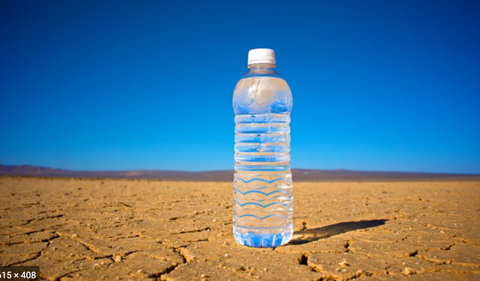Table of Contents
No offense, but you are a column of wet slime in bargain Office Casual. If it’s any consolation, we all are. In other words, humans are about 60% water. Oh, and we are filled with chemical electricity. So we're wet and electrical. Sounds like an ill-advised combination, but it seems to be working out.
More to the point—Hydration! It means keeping your inner sea at high tide. Your wet machinery absolutely depends on it, and when your reservoir is running low, there is trouble.

At this writing the world is experiencing a dangerous heat wave, with longstanding temperature records being broken left and right. The American Heart Association (AHA) describes the situation in their usual panicked tone:
“Extreme climatic conditions are exceeding human thermoregulatory capacity.”
Whew! The hysteria is contagious!
Dehydration Information for an Overheated Nation
How exactly are we injured by the brutal temperatures that characterize a heat wave? There are a few ways to go — heat (your core temperature rises out of control), ischemia (restricted blood flow, and a scary-looking word), hypoxia (lack of oxygen to cells and organs), the unpronounceable rhabdomyolysis (overheated skeletal muscles dissolve into the bloodstream, breaking your kidneys) —and our old friend dehydration, of course.

There are also various kinds of cell death, thickened blood that overtaxes the heart, and a range of exotic organ failures. Like our Goldilocks planet1, our bodies operate within a fairly narrow zone of survivability.
In a strange turn of physiology, it turns out it’s not actually the heat that kills. It’s the humidity.
Dehydration and Humidity
Sweat is the human animals’ evaporative cooling system. Your interior water surfaces, and then evaporates off your skin to cool you down. Genius, right? But when the heat and humidity are high enough (Florida, are you there?), the air you’re moving through is already water-saturated, so the cooling effect normally brought on by sweating is short-circuited.

Your body’s internal temp is still triggering the sweat response, so your normally-clever body keeps pumping water out through the skin. Thanks for nothing, body. You are accelerating my dehydration.
Since we’re made of water, the consequences of doing without can be dire. Your wet inner workings use water to move oxygen and nutrients around to your various systems, to keep your skin from going reptile on you, and to lube your moving parts.
Hydration Fashion
Now, for decades it has been standard practice to walk everywhere with a little bottle of water in hand. An enormous commercial juggernaut has grown around this now-standard practice of delicately sipping water 24/7. In 2021, the global bottled water market was valued at $283.01 billion.
Everyone carries water, taking self-conscious swigs at regular intervals from a bottle that has become an increasingly performative accessory. “Hydration” is the term the marketers use, and we have dutifully adopted it. We used to just call it ”drinking water”, and in the olden days restricted this ritual to episodes of — what’s the word? Oh yeah — thirst.

Now we drink water the way we breathe the air; rhythmically, autonomically. Some of our outerwear is even designed to accommodate an omnipresent water bottle. You want to hang a big ol’ thermos from your trousers? Have at it.
Of course, it is fair to say that the world's years-long adoption of the water bottle is being vindicated by a climate crisis that actually obliges us to be hydration-conscious.
But is water even enough? Don't we need electrolytes, too?
What the Hell are Electrolytes?
You've heard the word "electrolyte" more times than you care to remember. You know how to say it, and on a good day you can almost spell it.
But what good has it done you? You can't use it in a game of Scrabble (without brazen cheating), and as cocktail party chatter "let's discuss electrolytes" is a brutal fail that'll cost you dearly. So—any idea what electrolytes actually are or how they work?

Electrolytes are minerals —sodium, potassium, and chloride — that regulate the fluids that move into and out of your cells. Salt (sodium) is an electrolyte, if that banishes some of the mystery.
Those busy little cells of yours have potassium inside, and sodium and chloride outside.
A cellular process called the sodium pump (yeah, they ran out of fancy latin words for this one) moves sodium, potassium and chloride into and out of the cell through its famously permeable membrane.
The sodium pump's object? To keep the amount of sodium ions in your cell suitably low. Why? Because sodium attracts water, and if the sodium content inside your cell gets too high, the cell fills with water and bursts. Does that sound like a good thing?
Electrolytes, as the name suggests, also conduct the electrical cellular impulses that allow those body-wide communications that keep our components functioning as a coherent whole.
Your movements, your digestion, your heartbeat, is dependent on these ionic electrical signals. Electrolytes — and hydration — keep us alive and functioning.
How to Know You are Experiencing Dehydration
Herewith, a short list of dehydration symptoms.
You get thirsty. This one doesn’t necessarily fall into the “emergency” bucket.
Fatigue and Weakness. Like a car losing oil, your engine is compromised, and you begin winding down. Your body slides into survival mode and starts moving resources around to lessen the damage.
Increased body temperature. Devastating and ultimately irreversible coolant loss. See car analogy above.
Muscle cramping. Dehydration sends all available bodily water to the important bits - your heart, your brain. Nature finds your muscles dispensable in this context, and denies them water. The object is just to keep your body alive. Terrible muscle cramping ensues. In this edition of “brain vs brawn” your brain wins - or at least that's the hope. In any case, your struggling gray matter is going to be desperately protected by your autonomic nursemaids. At the expense of everything else.
Headaches. Your brain is about 73% water. As it dries up, it shrinks—pulling inward away from the brain case. Ouch. And "Danger!"
Darker-colored urine: Your kidneys start hoarding water and your wee-wee goes dark with asymmetrical waste. TIP: Don’t yell about your dehydration pee in mixed company. Quietly drink a large glass of water.
Dry skin and mucus membranes. Face the fact: you’re a watery creature with more than your share of mucus. Stay moisturized and your membranes will thank you.
Loss of consciousness: Not associated with dehydration alone, but if you pass out in 110-degree heat, connect the dots.
Rehydrate!
Using your newfound expertise, you've determined that you are dehydrated. You also know that for most instances of distress, natural remedies abound. Look at these simple, and sometimes counter-intuitive, solutions:

Buttermilk: Your body loses potassium and magnesium big time when you dehydrate, and buttermilk has both in spades. Downside: it’s buttermilk.
Radishes: “Water…water. Oh, yum! Radishes!” People lost in the desert rarely cry out for radishes, but they should. 95% water, and with delightful properties, this unlikely little rehydration hero is a must on a worryingly hot day.

Yoghurt: When really dried out, you may not crave this gelatinous semi-solid, but at 88% water and loads of protein and calcium it is a crazily effective rehydrator.
Barley Water: Okay, now you’re thinking “dehydration doesn’t sound so bad.” Be brave. 1/2 cup of barley in two cups of water will send your clockworks the vitamins, antioxidants, and minerals you need to bounce back from the heat. A strange but effective fix.
Bananas: Stuffed with replenishing potassium - and a superfood besides!
Grapefruit: Large, delicious, lots of water. Have one for breakfast to start your day. Antioxidants are a side benefit.
Cucumbers: These things are practically made of water. Keep them in the fridge as a remedy for munching on a hot summer’s day.
Peaches: 89% water, peaches also contain vitamin A, vitamin C, B vitamins, and potassium. Live it up!
Watermelon: as its name implies, watermelon is one of the wettest fruits you can enjoy when the heat wave hits. At 92% water, this outlandish edible has vitamins A, C, and B6 in abundance, as well as antioxidant mojo for cellular health.

The Electrolyte Elixir
There is always the refreshing electrolyte elixir, if you’re lucky enough to get hold of one. Take for instance the rehydration libation make by California’s premier purveyor of plant-based perfection, KOS Naturals. Their lovingly concocted Stay Hydrated, My Friend will soon be released in a cloud of celebratory confetti.

Vitamin D3, Organic Echinacea Purpurea, a smattering of elderberry, liberal quantities of antioxidant coconut water and mouthwatering mango … rehydration doesn’t have to be a medical emergency. It can be a refreshing zinger of a summertime treat, too. “Stay Hydrated, My Friend”. And cling to the shade.



